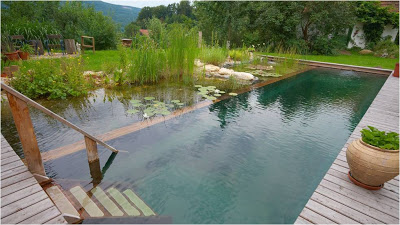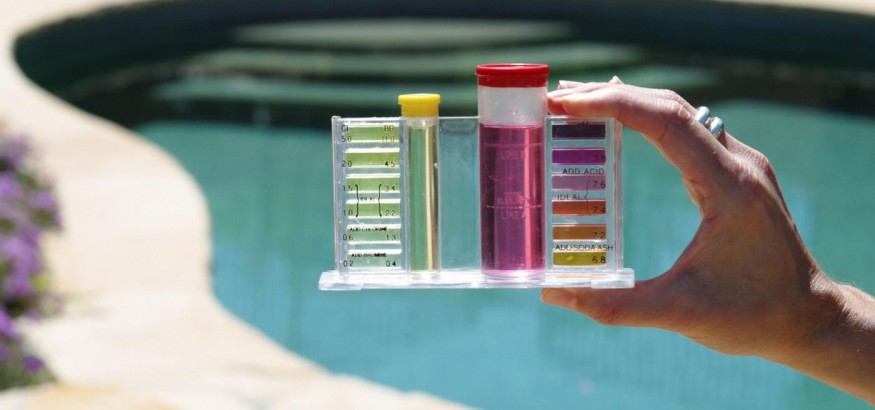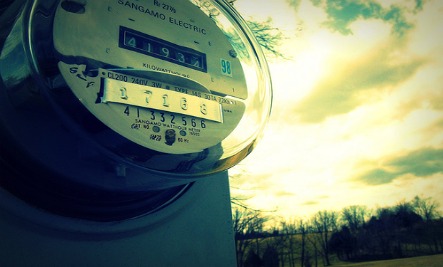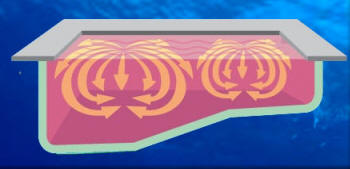Are you losing water?
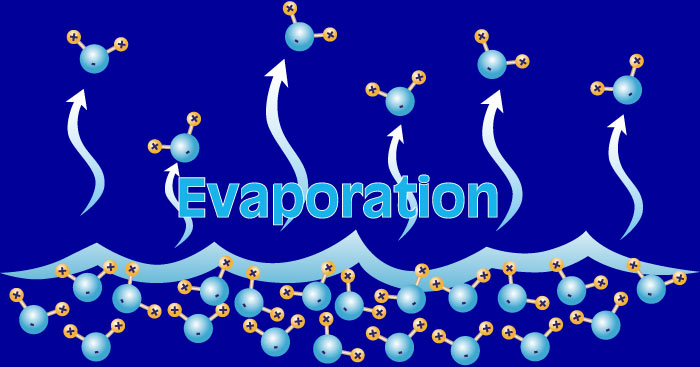
It is that time of year again. We are having cool nights and high wind speeds. Your pool water a lot warmer than it is outside, this causes EVAPORATION. This will continue being an issue until the water and air temp are the same.
Read more

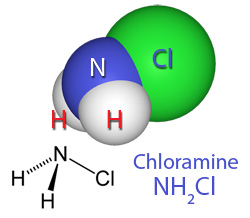
 Chloramines (combined chlorine) are poor sanitizers and have a gaseous tendency. The presence of chloramines (and dichloramines/ trichloramines in particular) cause the following physical symptoms:
Chloramines (combined chlorine) are poor sanitizers and have a gaseous tendency. The presence of chloramines (and dichloramines/ trichloramines in particular) cause the following physical symptoms: